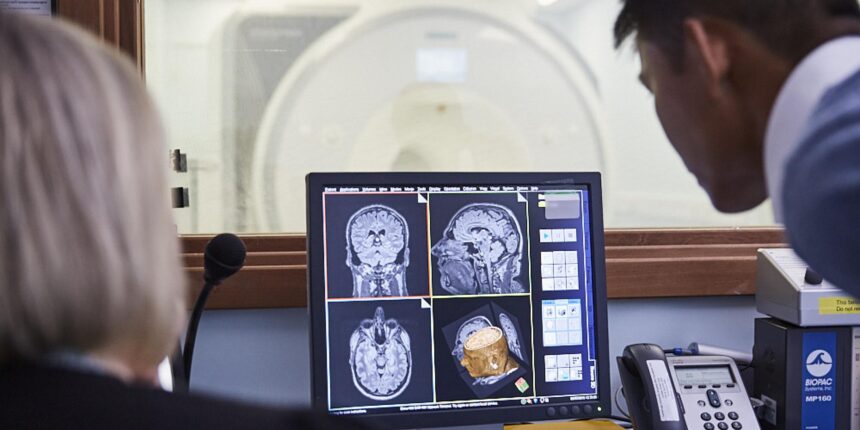Researchers at the University of Florida used data from electronic health records to create an AI system that can tell which patients will get Alzheimer’s disease up to five years before they get a diagnosis.
The study appeared in Alzheimer’s & Dementia.
At the moment, there are no early screening tests for Alzheimer’s disease. Patients are only diagnosed after they show signs of the disease. By then, the disease has already done a lot of damage to the brain.
Using standard performance measures to find out how well an AI model does a given task, the researchers said that both of the AI models they tested scored in the “excellent” to “outstanding” range.
The study team used anonymized real-world patient data from 16.8 million Floridians in the OneFlorida+ Data Trust repository to find nearly 24,000 patients over 40 who had been diagnosed with Alzheimer’s or dementia. The “case” group was made up of these people. A control group was made up of nearly 1.04 million people over 40 who did not have dementia.
The study shows that it is possible to check for Alzheimer’s disease using patient information in electronic health records. More than 6.5 million Americans 65 and older have Alzheimer’s disease or a related dementia. This neurodegenerative disease causes people to lose their memories and become less smart over time. Over time, people with Alzheimer’s lose the skills they need to live on their own because of the disease.
“A total of 23,835 ADRD and 1,038,643 control patients were identified from the OneFlorida+ Research Consortium. Two ML methods were used to develop the prediction models. Both knowledge-driven and data-driven approaches were explored. Four computable phenotyping algorithms were tested,” according to the study’s authors.
“We tested various settings and showed the predictive ability of using ML approaches for early prediction of ADRD with EHRs. The models can help identify high-risk individuals for early informed preventive or prognostic clinical decisions,” the authors concluded.


